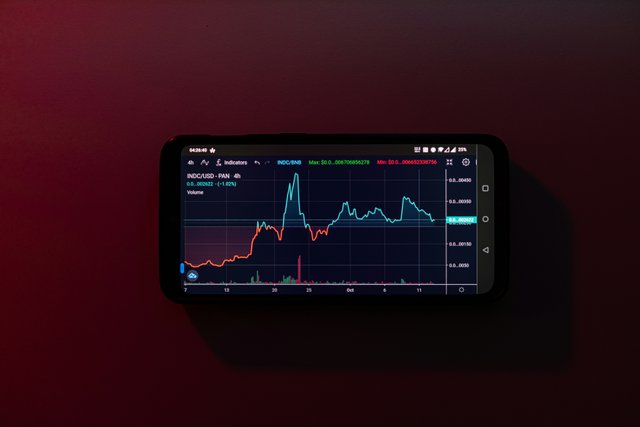The blockchain operates as a decentralized ledger maintained by a network of nodes, each playing a crucial role in ensuring the system's security, transparency, and reliability. Nodes are individual computers that participate in the blockchain network, each holding a copy of the entire blockchain ledger.
The decentralization of nodes eliminates the need for a central authority, reducing the risk of single points of failure and making the network more resilient to attacks and fraud. Each node independently verifies and records transactions, ensuring that all entries are accurate and consistent across the network. This consensus mechanism, often achieved through protocols like Proof of Work (PoW) or Proof of Stake (PoS), ensures that the data on the blockchain is trustworthy and immutable.
Nodes also contribute to the transparency of the blockchain. Since each node has access to the entire transaction history, it can verify the authenticity of transactions and ensure that no single entity can alter the ledger. This transparency fosters trust among users, as all actions on the blockchain are visible and verifiable.
In summary, the network of nodes is fundamental to blockchain’s functionality. By distributing control and ensuring consensus, nodes maintain the integrity, security, and transparency of the blockchain, enabling a robust and decentralized system.
Thanks

~ Nesaty
In every blockchain network the role of node is very important and it is like a witness that ensure to keep the chain running and it is also something that maintains the network.
Downvoting a post can decrease pending rewards and make it less visible. Common reasons:
Submit